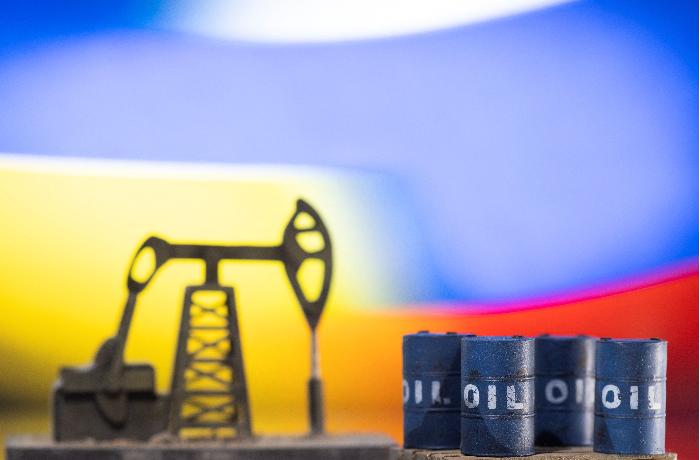
According to calculations by the Center for Research on Energy and Clean Air (CREA), from December 2022 to the end of December 2024, 47% of Russian oil exports went to China, 37% to India, and 6% to Turkey.
Yeniavaz.com, citing Forbes, reports that during this period, daily Russian oil exports to China, including pipeline and sea transport, amounted to 2.17 million barrels.
India, in turn, imported about 1.75 million barrels of Russian oil per day in the first half of 2025. Turkey imported about 225 thousand barrels of oil per day in 2024.
According to OPEC, oil production in Russia in September is expected to be 9.949 million barrels per day. This figure exceeds the 9.344 million barrels planned for August.
Alfa Capital Management told Forbes that processes in China, India and Turkey, which are currently the largest buyers of Russian oil, will develop in different directions:
“It is assumed that China will not pay attention to US sanctions. Despite strong pressure from the US, China’s experience in purchasing Iranian oil serves as proof of this. China will take a similar position with regard to Russian oil. China does not intend to reduce purchases of Russian oil and does not want to show weakness. When importing oil, China will give preference to more reliable types of transportation, such as pipelines. In this context, China’s attempts to increase the transit of Russian oil through Kazakhstan are noted. Currently, Russia annually transports 10 million tons of oil in this direction and intends to increase this figure by 2.5 million tons by 2026. However, this growth only reflects the reorientation of sea transport, and not the total volume of exports.”
Alfa Capital Management believes that India’s position is more complicated. It is noted that India cannot completely abandon Russian oil:
“However, India will try to replace Russian oil with other sources, mainly from the Middle East and West Africa. India has been buying Russian oil at low prices for three years now and earns additional income by selling its products to Europe. Until 2018, India was one of the main buyers of Iranian oil, but due to US sanctions, it completely stopped these purchases. Most likely, Russian-Indian oil relations will continue until the discounts provided by Russia are canceled. Although Indian officials have said that they reject US pressure, local companies will look for alternatives to Russian oil and, if this proves impossible, demand additional discounts.”
Experts interviewed by Forbes noted that Saudi Arabia and other Gulf countries have spare capacity of 1.5-2 million barrels to increase oil supplies to India. However, these capacities cannot be immediately activated, since increasing production requires time and infrastructure capabilities.
Russia has intensified negotiations with India and China. To this end, Russia has proposed resuming the previously frozen trilateral cooperation format "Russia-India-China". The main topic of the negotiations may be studying the possibilities of continuing the oil partnership of the three countries against the backdrop of US sanctions.
Turkey is quite sensitive to US sanctions. Some Turkish ports no longer accept vessels of the shadow fleet, which is already included in the sanctions list. If US President Donald Trump imposes new sanctions against Turkey on August 8, Turkey will likely also take tough steps in this direction.
Therefore, if the US imposes sanctions against buyers of Russian oil after August 8, this may lead to a reduction in the volume of Russian oil supplies to the world market. Forbes writes that a complete rejection of Russian oil will not happen, but a significant reduction in exports is possible.
Elnur Ali
